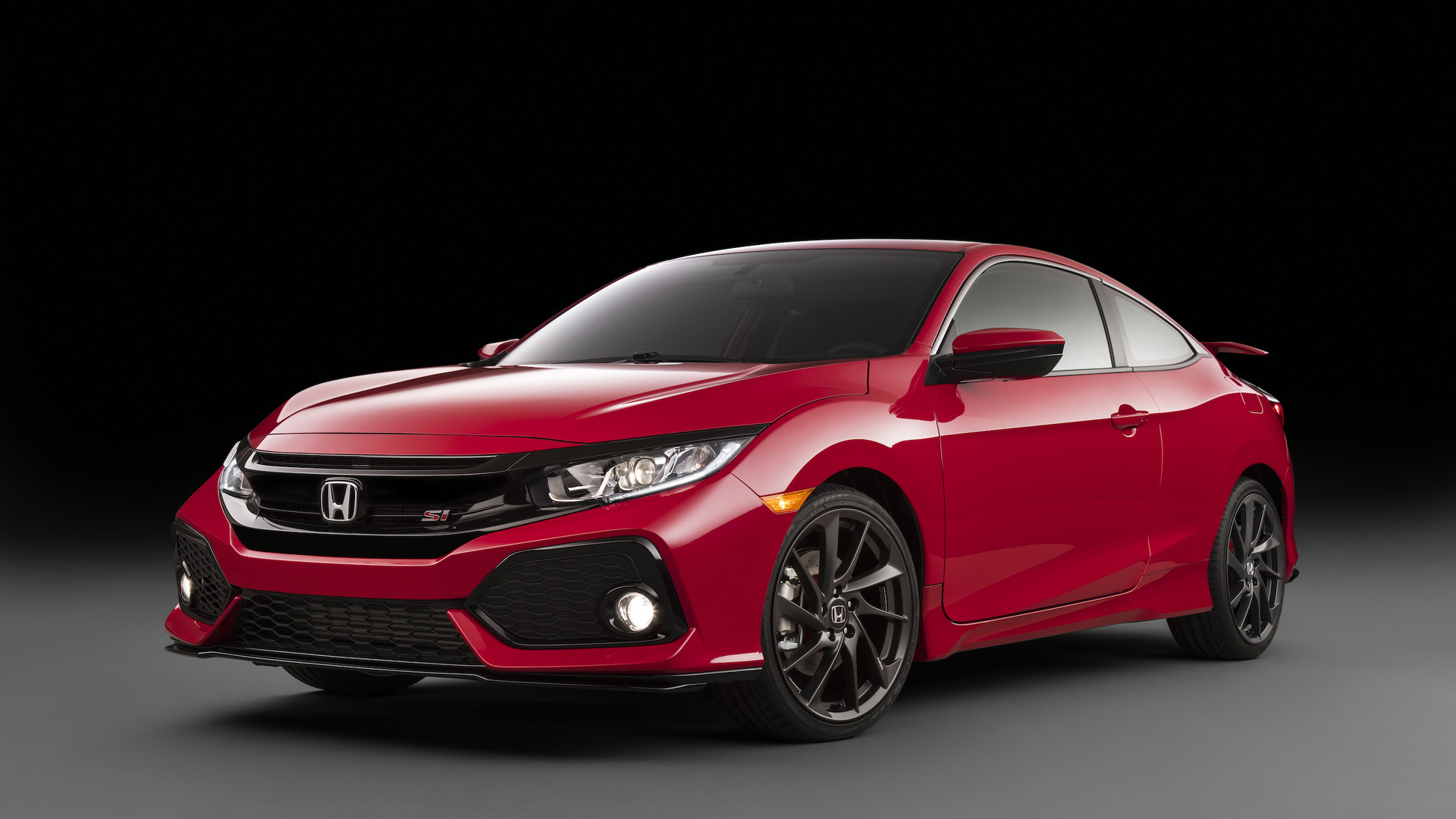

Honda released its March 2017 sales on Tuesday, once again proudly proclaiming one of its models to be the bestselling model on a retail basis. In the past, Honda has reported that the Accord has slain king Camry. This time, the humble Civic wears the crown. The problem, though, is that the two Japanese marques disagree on exactly what it means to be king.
Auto sales are divided into two distinct sectors: fleet and retail. Retail sales are what we typically think of when you hear of a car being sold. You spend 35 minutes explaining to your second cousin why the Mazda CX-5 is the best possible choice in its segment, so he goes to a dealership and purchases a Fiat 500X because he likes the color better. You quietly resolve yourself to never give car-buying advice again, until someone asks you four days later if they should buy a Fiesta to tow their boat. The world keeps spinning.
Fleet sales, though, happen behind the scenes. Government agencies, rental car companies, taxi operators, livery services, and more all buy their vehicles through these back channels. Operating under the same principles as a Costco, automakers give discounts to companies that buy in bulk. Toyota’s “bestselling” Camry, for instance, has a $1,200 incentive for fleet operators. And because fleets usually just need cars and aren’t too picky, manufacturers also use fleet sales to offload inventory when they have overproduced a model that isn’t selling great on a retail basis. Because they’re buying in bulk and taking cars that the manufacturers don’t want, fleet operators often pay significantly less than you do for the same car. In the case of rental car companies, these savings are immediately used to install important rental car features like mystery stains and the faint smell of mustard.
So automakers don’t make as much money per unit when they sell to fleets, but they happily do it anyway. Companies like GM and Ford have agreements to operate their plants a certain amount of time, regardless of customer demand. In order to uphold their end of the bargain, they will sometimes make cars they won’t be able to sell to customers. Fleet sales help prevent inventory gluts and keep factories working. They also, as Honda points out, inflate sales figures. That’s why Honda, unlike almost every other automaker, doesn’t have a fleet sales division.
The suits at Honda corporate argue that fleet sales hurt the brand. Not only do they decrease per-unit profitability, but fleet cars typically lead hard lives before being sold. Sell a retail customer a former rental, and it’s hard to guarantee it will meet the reliability standards that retail cars offer. Honda’s argues that fleet sales only benefit the company in one way: inflating sales for bragging rights. That’s why you probably haven’t ridden in Honda taxi, picked up an Accord at Hertz, or seen an Acura RLX doing black-car duty.